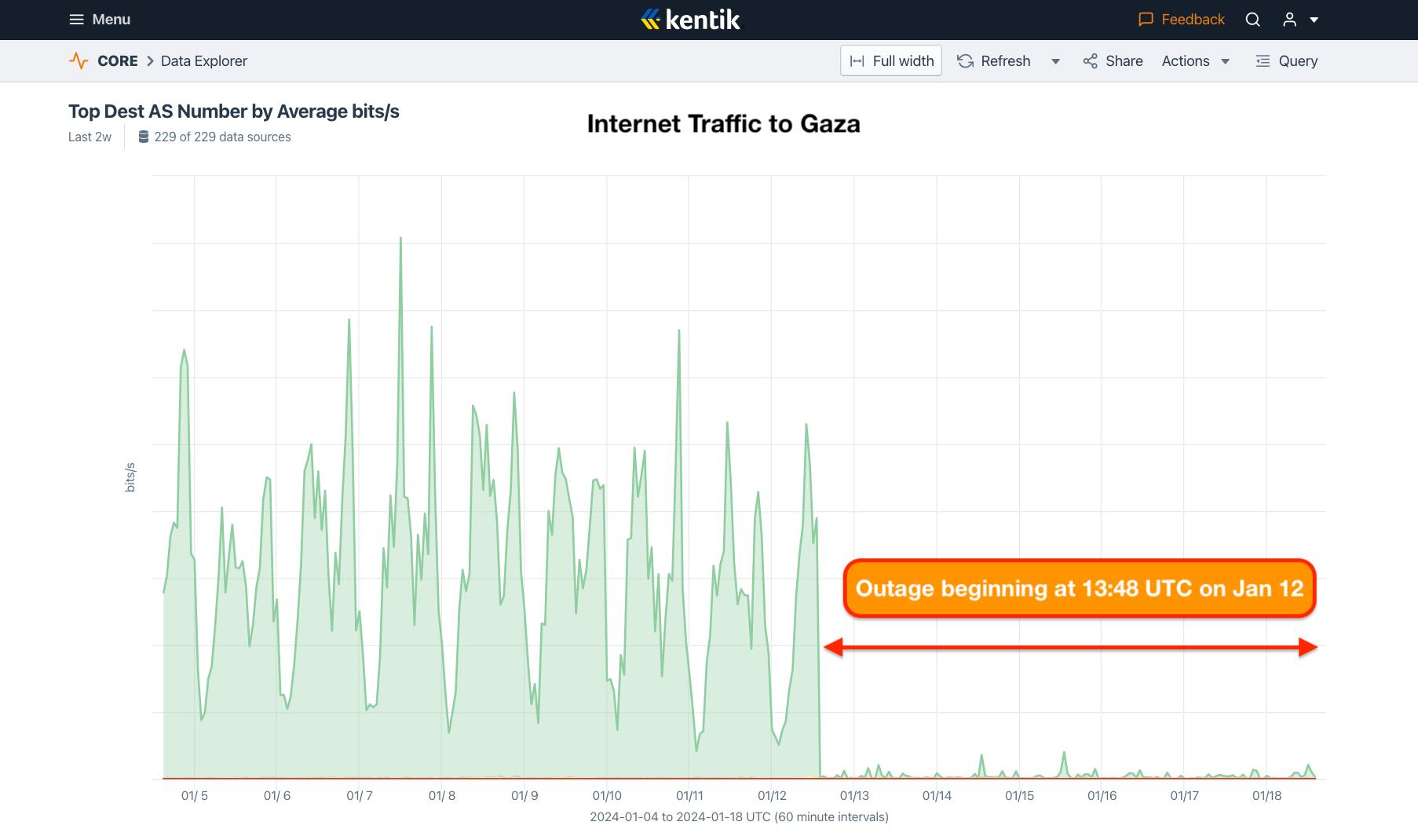
Apple confirmed today that iOS 17.3 will be released to the public next week, giving iPhone users new features like Stolen Device Protection and collaborative Apple Music playlists.
The company subtly revealed the release date of the software update in a press release about its new Black Unity Sport Band and accompanying watch face for the Apple Watch that features red, green and yellow flowers to represent “the rich cultural diversity of Black communities around the world,” Apple wrote.
There will also be a new Unity Bloom wallpaper for the iPhone and iPad, available next week when iOS 17.3 comes out.

The most anticipated feature coming to iOS is Stolen Device Protection, a security setting that gives an extra layer of protection if there’s ever a time when someone steals your iPhone and also obtains your passcode. The feature can be turned on through Settings > Face ID & Passcode > Stolen Device Protection.
Stolen Device Protection requires the mandatory use of Face ID or Touch ID before performing sensitive actions such as accessing passwords or passkeys saved in iCloud Keychain, using saved payment methods in Safari and interacting with certain Apple Cash and Apple Card Savings actions in the Wallet app like sending money to your bank account.
Additionally, there will be a security delay if you change sensitive settings, including creating a new Apple ID password, turning off Find My and updating select Apple ID security settings like removing a trusted device or phone number. However, no delay is required when your iPhone is at home, work or other familiar locations.
Apple’s new protection feature appears to be a solution to a serious problem reported by The Wall Street Journal last year. Thieves were found spying on an iPhone user’s passcode in public places (bars were a common location) before stealing the device. Having access to the passcode allows them to quickly change the Apple ID password and then access sensitive information stored in iCloud Keychain.

We’ll also likely see collaborative Apple Music playlists roll out as part of the update, a feature that was initially promised for iOS 17. Apple previously noted in its iOS 17 features list that it was delayed to 2024, and later on, it reportedly appeared in the iOS 17.3 beta.
Apple Music’s collaborative playlist feature is self-explanatory; it allows subscribers to create playlists with others, which is great for friends and family members who want to bond over shared musical tastes. Plus, you can use emojis to react to the song choices in Now Playing.
The feature can be enabled by clicking on the person-shaped icon in a playlist, which will then provide a link. Multiple people can be added, and everyone has the ability to add, reorder and remove songs. However, the playlist admin can also opt-in to approve song requests to be added. They also have the power to remove people and turn off the collaboration feature altogether.
Spotify, one of Apple Music’s largest competitors, launched a real-time collaborative playlist feature, “Jam,” in September.
Apple introduces protection to prevent thieves from getting your passwords

